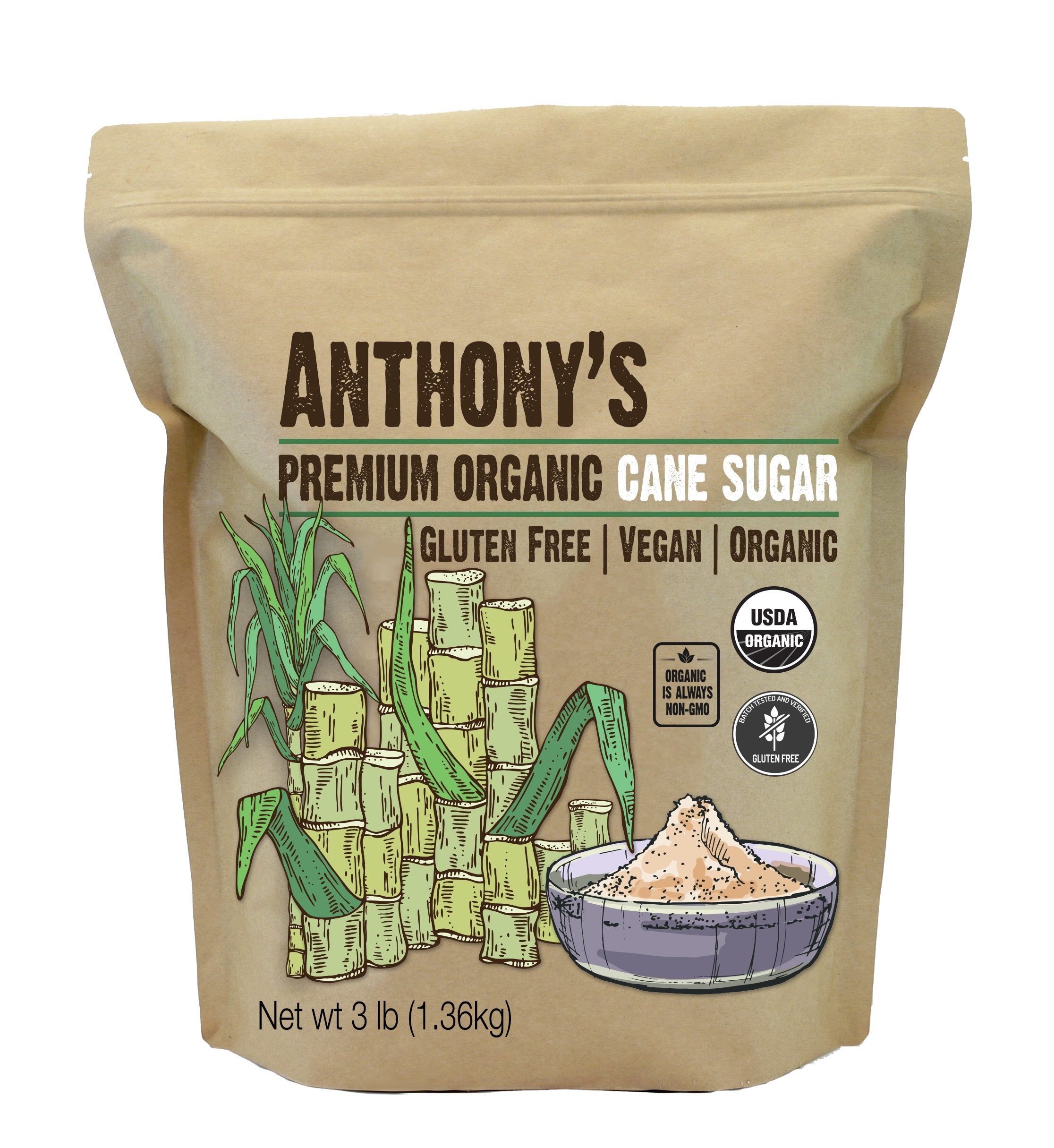Important Cane Sugar Processing Chemicals: A Comprehensive Overview
Important Cane Sugar Processing Chemicals: A Comprehensive Overview
Blog Article
Navigating Regulatory Compliance and Sustainability With Cutting-Edge Walking Cane Sugar Processing Chemicals in the Chemical Export Industry

Regulatory Landscape Introduction
In the world of cane sugar processing chemicals within the chemical export sector, understanding the governing landscape is critical for guaranteeing compliance and lasting operations. Regulative bodies such as the Environmental Defense Agency (EPA) and the Fda (FDA) play a critical duty in overseeing the manufacturing, import, and export of these chemicals. Compliance with laws stated by these bodies is not just a legal demand but likewise essential for keeping public wellness and environmental safety standards.
Regulatory structures regulating cane sugar processing chemicals incorporate a large range of aspects, including labeling needs, permitted levels of certain compounds, and standards for risk-free handling and disposal. For chemical exporters, this indicates sticking to strict paperwork processes, quality assurance actions, and regular audits to show adherence to these policies.

Sustainable Walking Cane Sugar Chemical Innovations

One prominent location of advancement is the advancement of green chemicals that reduce water and power intake during the sugar processing stages. By implementing these sustainable options, firms can decrease their carbon impact while preserving high levels of performance. In addition, innovations in eco-friendly chemicals are obtaining traction, using a much more ecologically pleasant choice to conventional processing representatives.
Moreover, the combination of sustainable power sources in the production procedure is ending up being much more common, further boosting the sustainability account of walking stick sugar processing. By accepting these sustainable walking cane sugar chemical advancements, business can not just fulfill regulative needs but also show a dedication to ecological responsibility in the chemical export market.
Conformity Challenges in Exporting Chemicals
Browsing governing frameworks poses considerable challenges for chemical merchants, requiring thorough interest to conformity standards and international regulations. Exporting chemicals includes adherence to an intricate web of regulations that vary from nation to country. One of the primary compliance difficulties encountered by chemical merchants is making certain that the items meet the details regulatory needs of the importing country. This consists of obtaining the needed permits, accreditations, and documentation to show the safety and security and legitimacy of the chemicals being my latest blog post exported.
Furthermore, chemical merchants have to remain abreast of constantly evolving guidelines and criteria related to chemical manufacturing, handling, and transport. Failure to abide by these laws can cause severe consequences, including penalties, legal activity, and reputational damages. Browsing trade restrictions, assents, and export control regulations includes one more layer of complexity to the compliance landscape for chemical exporters.
To alleviate these difficulties, chemical exporters should purchase durable conformity programs, carry out regular audits, and involve with governing authorities to make sure a comprehensive understanding of the applicable regulations and laws. By focusing on compliance and remaining aggressive in attending to regulatory difficulties, chemical merchants can navigate the intricacies of worldwide profession efficiently.
Environmental Impact of Walking Cane Sugar Handling
The ecological ramifications of walking stick sugar processing are a vital aspect needing thorough assessment in the chemical export industry. Cane sugar handling can have significant ecological impacts at various phases of production. One of the key issues is the generation of large quantities of wastewater containing raw material, suspended solids, and chemicals utilized in the processing plants. This wastewater, otherwise correctly treated, can pollute water bodies, harm aquatic life, and degrade total water quality. Furthermore, the burning of sugarcane fields before collecting, a typical practice in some regions, releases dangerous air toxins and greenhouse gases right into the ambience, contributing to air quality problems and environment change.
In addition, the extensive use pesticides and plant foods in sugarcane farming can lead to soil destruction, water contamination, and injury to non-target microorganisms. It is crucial for chemical exporters entailed in the cane sugar processing market to apply sustainable practices, purchase advanced wastewater treatment innovations, promote liable farming techniques, and follow stringent environmental regulations to minimize the adverse ecological impact of their operations.
Future Trends in Sustainability Practices
What innovative approaches are chemical merchants in the walking cane sugar processing market adopting to boost sustainability methods for the future? As the demand for lasting methods remains to expand, chemical merchants are accepting different trends to make certain a greener future for the market. One famous pattern is the shift in the direction of establishing and utilizing environment-friendly chemicals more information in the processing of walking cane sugar. These chemicals are developed to minimize ecological effect while preserving high levels of performance in the production procedure.
Another crucial trend is the implementation of advanced technologies such as automation and data analytics to optimize resource usage and reduce waste generation. By using the power of data and automation, chemical exporters can simplify their operations, boost energy performance, and enhance general sustainability efficiency.
Furthermore, cooperations and partnerships with sustainability-focused organizations and stakeholders are coming to be increasingly common. By functioning together, chemical exporters can trade knowledge, share best methods, and jointly drive innovation towards even more lasting cane sugar processing techniques. Embracing these trends will certainly not only benefit the atmosphere however additionally make certain long-term success and competitiveness in the market.
Verdict
Finally, the chemical export sector have to browse complex regulatory landscapes and sustainability difficulties when processing cane sugar. Advancements in walking cane sugar handling chemicals are critical to fulfilling compliance criteria and minimizing ecological effect. As the market remains to develop, it is necessary for business to adopt sustainable methods and remain in advance of future patterns to guarantee long-term success.
In the realm of walking stick sugar handling chemicals within the chemical try these out export market, understanding the regulatory landscape is paramount for making sure compliance and lasting procedures.Checking out innovative methods in the growth of lasting walking stick sugar chemical services is vital for advancing environmental stewardship in the chemical export industry. Firms are significantly investing in research and advancement to produce innovative walking stick sugar processing chemicals that not only ensure high efficiency in sugar manufacturing but additionally adhere to strict sustainability requirements.
Additionally, chemical merchants should remain abreast of continuously advancing regulations and criteria associated to chemical production, handling, and transport - Cane Sugar Processing Chemicals.The environmental implications of cane sugar handling are a vital aspect needing extensive exam in the chemical export industry
Report this page